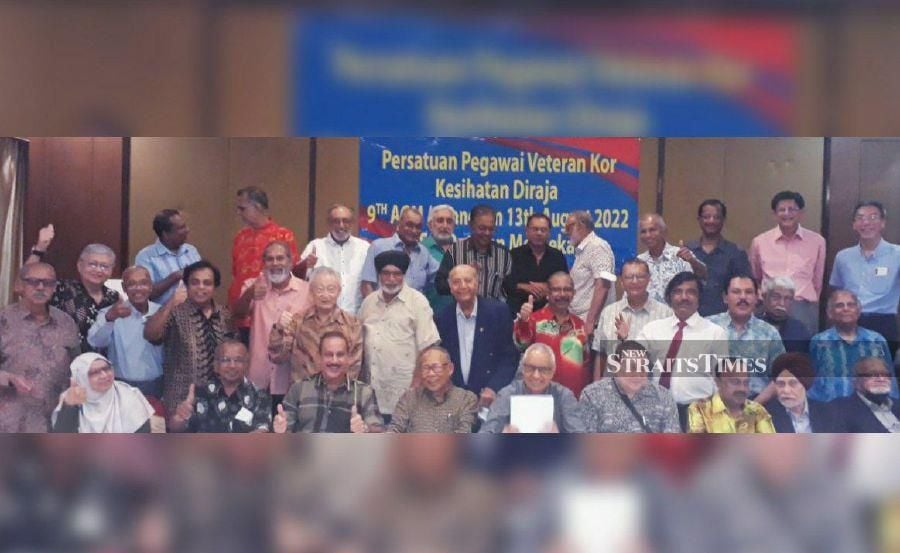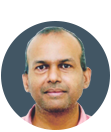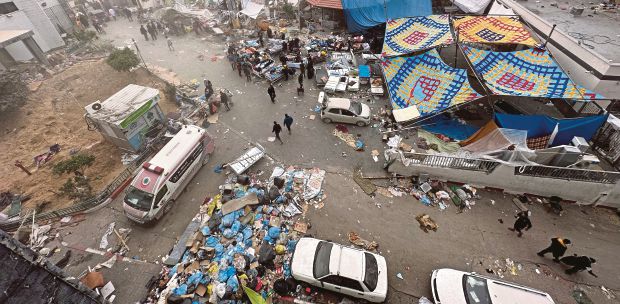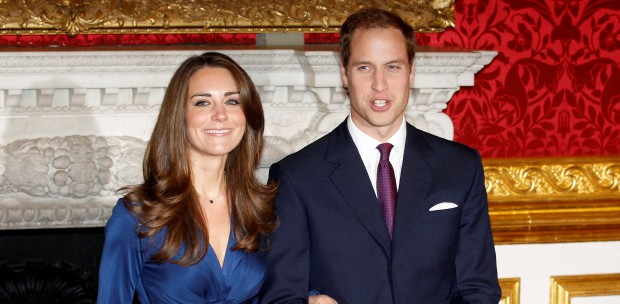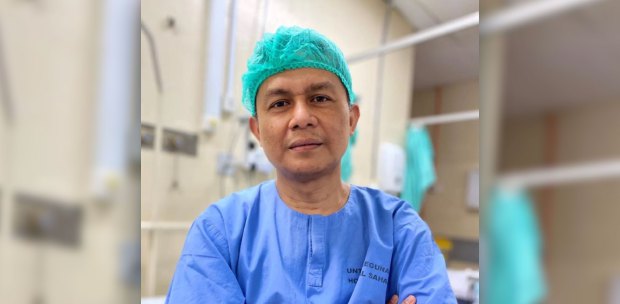KUALA LUMPUR: They cured diseases, healed wounds, tended to injuries and soothed the souls of soldiers.
At times, these military doctors even uplifted the sagging morale of battle-worn and down-trodden troops.
These are the members of the Armed Forces Royal Medical Corps Veteran Officers Association who had risked their own lives and limbs to save fellow soldiers at the height of the communist insurgency from the 1960s to the 1980s.
Relating their episodes to the New Straits Times, association president Lt Col (Rtd) Dr Jaswant Singh said they not only served with dedication and honour during battles but also during peacetime and calamities — rendering services for human disaster-relief assistance missions.
"While saving lives was our goal, at times we were faced with shoot-to-kill situations when faced with the enemy during confrontations.
"We had to make split-second decisions to save our own lives and our fellow comrades at the battle-front, just like how we make decisive calls on the operating theatre when treating patients.
"You need nerves of steel and a great sense of patience on such do-or-die missions," he said during the association's 9th annual general meeting at the Royal Selangor Club in Dataran Merdeka.
He added that many of them continued to serve the community with their repertoire of medical skills in private hospitals, clinics and medical centres.
"A large number of these veteran military doctors are a talented breed who served the nation during trying times - from the communist insurgency era, through natural disasters and pandemics.
"They are armed with vast knowledge and experience in a variety of fields — ranging from general practitioners to tropical medicine experts, orthopaedics, skin diseases, dentistry, anaesthetics, obstetrics and gynaecology, paediatrics and surgery," said Dr Jaswant on behalf of the association's 130-odd members.
A majority of them had served the Armed Forces between 15 months and three years, while others became career officers at various military camps, air force bases and naval stations throughout the country.
He added that many of them were called to serve the country as National Service Officers and later under compulsory service, in view of the shortage of medical staff with the Armed Forces then.
"Most of them were young doctors fresh after their housemanship and were literally thrown into the deep end.
"They suffered hardships and injuries during the Confrontation against Indonesia (Jan 1963-Dec 1965), operations against the Communist Party of Malaya (1969-1989) and operations against the North Kalimantan Communist Party (1969-1990)," said Dr Jaswant, adding that two of the doctors died during active duty.
Dr John Ramanathan died in an airplane crash near Tawau, Sabah in 1970 and Dr Surinder Singh drowned during operations in Rejang River, Sarawak in the mid-1970s.
Meanwhile, two of them recounted their ordeals during their service years, when summoned together in front-line operations.
Capt (Rtd) Datuk Dr Amarjit Singh Gill, 72, who responded to a national service call-up in 1976, said he spent his first seven months stationed at a camp in Gubir, Kedah, near the Malaysia-Thailand border as part of 'Op Gonsales II' to flush out communist terrorists.
"There were dozens of injured soldiers I had to attend to, with many others maimed for life from booby traps or gunshot injuries.
"I salute many who volunteered to serve the country at the height of the insurgency but ended up having amputated limbs or losing their sight.
"Many others gave their lives to secure peace for the country," said Dr Amarjit, a former national cricket captain.
He added that doctors often had to undertake winchings from helicopters to get to the spot to treat injured soldiers in the deep jungles.
"After administering first aid to the injured man on the ground, we had to winch him up to the hovering helicopter to rush him to the nearest hospital for proper treatment.
Farah Online Nst, [14/8/2022 2:19 PM]
"Some made it, some did not, depending on the severity of the injury," said Dr Amarjit, recounting seeing many with their hands and feet blown off by booby traps.
"It was a bloody sight when I arrived at the scene. We winched them up under heavy enemy gunfire and safely made it to our base camp.
"We could have been blown up in mid-flight but our fate was not up yet," said Dr Amarjit, adding that they were often escorted by heavily-armed aides owing to their important role.
Former Royal Malaysian Air Force Sikorsky S-61A-4 Nuri pilot Brigadier General (Rtd) Datuk Goh Seng Toh, 76, recalled surviving after being shot five times while ferrying troops and supplies into hostile territory near the Malaysia-Thai border.
"Being a young captain then, preserving the nation's interests against the threat of communist overcame my fear of being killed in action by the enemy ground fire.
"There were numerous other occasions when I, just like many other Malaysian soldiers, could have lost my life and become another statistic.
"But we soldiered on, knowing well that our services were needed to preserve the nation's sovereignty," said Goh, who served 36 years.
Looking back, Goh said he was proud to be part of the many young men who took the challenge to serve the nation during its troubled period.
"These were the men who risked their limbs and lives to keep the nation's security, peace and sovereignty intact.
"All said and done, I reckon it was the duty of each abled-bodied citizen to contribute one way or another to safeguard the interests of our beloved nation.
"I am glad to have done so to stand up and be counted, just like the thousands of others, including foreign soldiers, to defend our country," said Goh.
Present at the AGM were former Armed Forces Health Services Division directors-general Major-Gen (Rtd) Datuk Dr Mohd Salleh Mohd Sam, Major-Gen (Rtd) Datuk Pahlawan Dr R. Mohanadas and Brig-Gen (Rtd) Dr Leong Weng Foon, and retired Armed Forces Medical and Dental Corps director Major-Gen (Rtd) Datuk Dr Roshidah Ishak.


